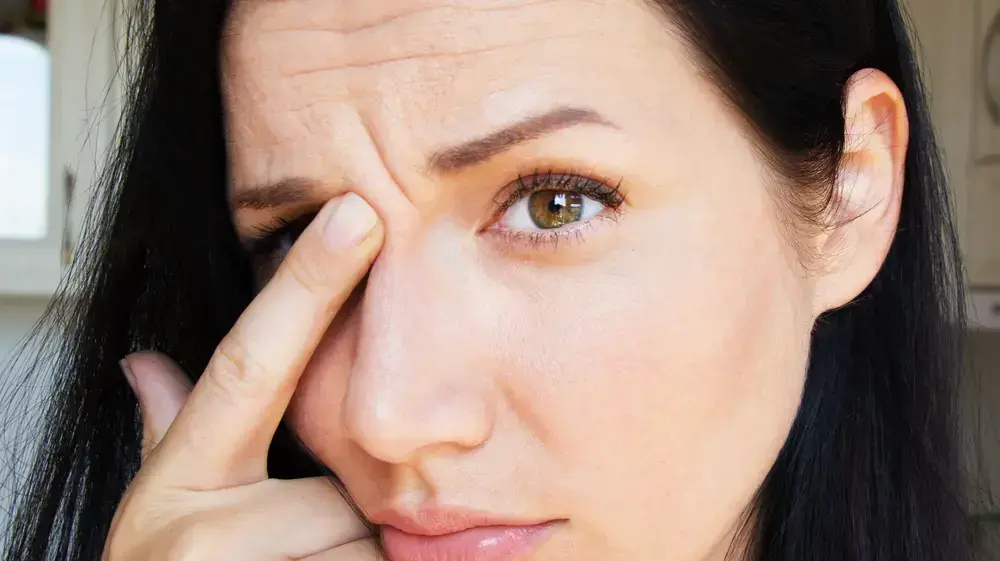- Click to share on Facebook (Opens in a new window)
- Click to share on Twitter (Opens in a new window)
- Click here to share on LinkedIn (Opens in a new window)
- Click to email a friend (Opens in a new window)
(CNN) - A Florida man underwent three surgeries to remove 25% of the body's skin while fighting an infection of comecarne bacteria.
David Ireland, who was diagnosed with necrotizing fasciitis caused by group A Streptococcus bacteria, is in critical condition in a Florida hospital, according to a GoFundMe created by his brother.
MIRA: What is comecarne bacteria?
Necrotizing fasciitis refers to the death of tissue under the skin that surrounds muscles, nerves, fat and blood vessels. More than one type of bacteria can eat meat; Public health experts believe that group A strep bacteria are the most common cause of these infections.
Around 11,000 to 13,000 cases of group A invasive streptococcal disease occur each year in the United States and up to 1,600 people die from some form of this invasive disease, although not all cases appear as necrotizing fasciitis, according to the Centers for Disease Control from the USA UU. and prevention
Signs of hope
It is not clear he contracted the Ireland infection. Usually, these bacteria enter the body through a broken skin, which includes cuts and scrapes, burns, insect bites, puncture wounds and even surgical wounds. Some people may get necrotizing fasciitis after an injury that does not break the skin (closed trauma).
MIRA: Where is comecarne bacteria found?
Although Ireland's kidneys have failed, "his blood pressure and acid levels in his liver are beginning to stabilize, showing hopeful signs of recovery," wrote his brother, Daniel Ireland, on Sunday. The fundraiser is intended to cover David Ireland hospital bills and the living expenses of his wife, Jody Ireland, and their two young daughters.
On Sunday, Ireland was still in a "life-threatening situation," according to his wife, who also posted on GoFundMe.
Doctors will also examine Ireland for additional infection and, if necessary, remove more skin, he said.
Symptoms, treatment and prevention
The first symptoms of necrotizing fasciitis include a rapidly spreading area of red or swollen skin, severe pain and fever. Later symptoms include ulcers, blisters or black spots on the skin, changes in skin color, pus, dizziness, fatigue and diarrhea or nausea.
Antibiotics and surgery are usually the first lines of defense in cases of necrotizing fasciitis, according to the CDC. Because the disease can spread so quickly, it is not unusual for patients to require multiple surgeries. According to the CDC, necrotizing fasciitis can cause sepsis, shock and organ failure and even with treatment, up to one in three people sick from the infection dies from the infection.
LOOK: A 'comecarne' bacteria in New Jersey reveals a possible effect of climate change, according to study
While anyone can get necrotizing fasciitis, it is rare and most patients have other health problems, such as diabetes, kidney disease or cancer, which reduce their body's ability to fight infections.
Good wound care is the best way to prevent any bacterial skin infection, according to the CDC. It is important to clean even minor cuts and lesions that break the skin with soap and water. Always clean and cover open or suppurating wounds with dry bandages until they heal. And go to a doctor if you have puncture wounds or other deep or serious injuries.
The Florida Department of Health also suggests that “immunocompromised people, for example, with chronic liver disease, kidney disease or weakened immune system, should wear adequate foot protection to avoid cuts and injuries caused by rocks and shells on the beach” .








/cloudfront-eu-central-1.images.arcpublishing.com/prisa/2YU22TQLBFE6RNDZLB44QR47GU.jpg)
